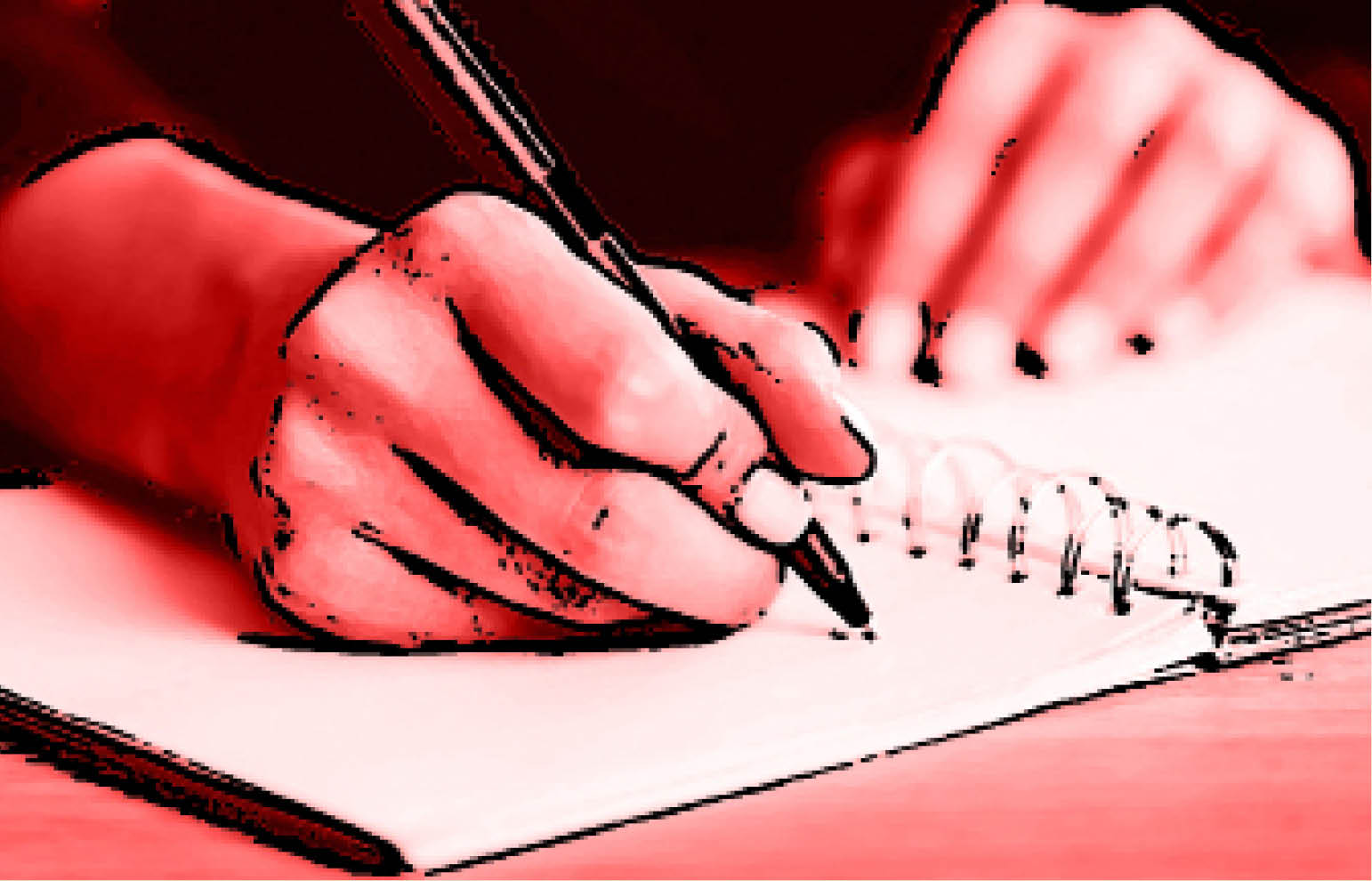A bad beginning makes a disastrous end
Today, I want to talk about the beginnings and the beginners: beginning writers and beginning an essay. The most important part of an essay is the beginning. Get it right and you do not only get the reader to read to the end but also, you may get them to forgive other infractions. A professor […]

Today, I want to talk about the beginnings and the beginners: beginning writers and beginning an essay.
The most important part of an essay is the beginning. Get it right and you do not only get the reader to read to the end but also, you may get them to forgive other infractions. A professor once told us that a good beginning makes a better end. This is true in writing. What is not true is its prequel:” a bad beginning makes a good end.”
No. It does not.
There are those who have the natural gift to get things right at the first try; and there is the rest of us, who must learn the right techniques or perish.
So what do the rest of us do? We try too much. We wrestle with unnecessary sophisticated moves which not only muddle up our thinking but also our expression, and it shows. As you will learn shortly, it is better to keep things simple. You will learn a straightforward technique that anyone can use to get things right the first time.
Not long ago, I struggled to read a piece of writing without success. I reread the opening paragraphs a number of times but couldn’t crack it. It was too dense, it was too fancy.
So I sent it to a lady smarter than me. ”No,” she replied, ”no way!”
”I really tried to read it, ” she later explained her reaction. ”Because you sent it, I thought it must be something important. But after several attempts, I gave up.”
This writer wasted his time and the time of readers because he made life difficult for us instead of better.
The writer was obviously well-intentioned. So why did he harvest such a negative outcome? The problem is in the beginning. If you don’t start well, your entire essay is going to be a disaster – even if you buried gold in the middle.
To begin their essay, some writers use a quote or they get philosophical. The biggest infraction, however, is to launch into a topic without first giving your reader an introduction.
As for beginning with a quote, Mohammed Haruna, arguably the best columnist in Nigeria, told me: ”some writers begin with a quote. I don’t like to do that.”
I agree. So my advice is to heed his counsel and avoid starting with a quote. When you become an expert you may break the rule and start doing so like Modibbo Kawu.
As for starting without an introduction, ask yourself this question: will you go to a gathering of your friends at a party and start ranting about insecurity in your country or would you start by drawing their attention to a recent incident that demonstrates the lack of security?
”Have you heard the recent attack on a village in Kaduna where gunmen killed everyone?” You would begin before stating your opinion or go on a rant.
Treat writing the same way.
In other words, don’t leave your reader asking ”what is he talking about?”
Tell her in the first paragraph what your essay is about.
One popular advice to those who want to present their ideas is this:
Tell them what you want to tell them (introduction). Tell them (body). Tell them you have told them (conclusion).
Or even better, join a conversation like Mahmud Jega. The man is so gifted that it is difficult to replicate his style. But you can use his structure.
”Last week, the minister of ABC said something about X which reminds me of YZ.”
Then he would give you a humorous history lesson so enjoyable you don’t want it to end.
On July 20, 2020, he started his Monday column like this:
”Every now and then, an important item in the news tends to remind me of something. When Vice President Yemi Osinbajo said last Tuesday that this country should try new tactics in the fight against corruption, he reminded me of Nasiru Imam, Deputy Managing Editor of Daily Trust and long-time secretary of its Editorial Board. Some years ago, the editorial board was discussing the problem of teachers’ salaries, which were in arrears in many states. One member said the system of paying teachers through State Basic Education Commissions [SBECs] is failing… Nasiru Imam dropped his pen, sighed and said, ’Every method has been tried. Nothing worked.’”
Then Mahmud Jega gave a detailed history of all the tactics Nigeria used to fight corruption.
Viewing writing in such a way, like a conversation, lifts a heavy burden from your shoulders and lets you have fun to say what you want to say.
It is difficult to find a piece of writing that is not part of a conversation – whether in science or in comedy. Indeed, in scientific writing, there is a section called literature review where you analyse the current state of the conversation before you add your own voice.
In sum, this week’s column started with what it preached; so it is fitting to end with what it preached. When starting an essay, keep it simple. As an introduction, tell your readers what your essay is about and why they should care. Then tell them. End by telling them what you told them. Simple.
